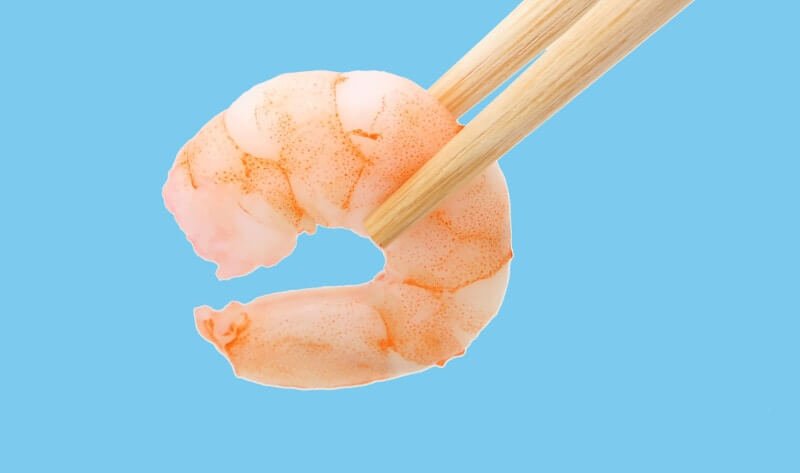In general, alternative seafood poses an enormous opportunity for investors. There’s huge potential for replicating the many types of seafood that end up on dinner plates. As well, shellfish allergy is the most common food allergy in many countries, creating space for shellfish simulacra (after all, lactose-sensitive people were important to the expansion of dairy-free milk).
…
Singapore, which has been working to move away from its dependence on imported food, has become a leader in alternative seafood. The Singapore Institute of Food and Biotechnology Innovation began collaborating in August 2019 with the Singaporean branch of Sophie’s Kitchen, a US plant-based seafood company, on fermenting microalgae to produce a protein substitute.
And Singapore’s Shiok Meats, which is working on cell-based crustacean products, could well become the first cell-based seafood company to enter the market. Sandhya Sriram, the CEO of Shiok Meats, explains that the company has received grants, tax rebates and regulatory assistance from the Singaporean government thus far, and is hoping to obtain additional funding and manufacturing support in the future.
Cell-based meat, sometimes called lab-grown meat or clean meat, has identical cellular structure to animal meat but doesn’t require slaughter. Instead cells from initial “donor animals” are grown in a bioreactor. The cell lines can continue to be used over and over, creating great potential to reduce animal suffering – although for the moment the process is energy-intensive and divisive.































